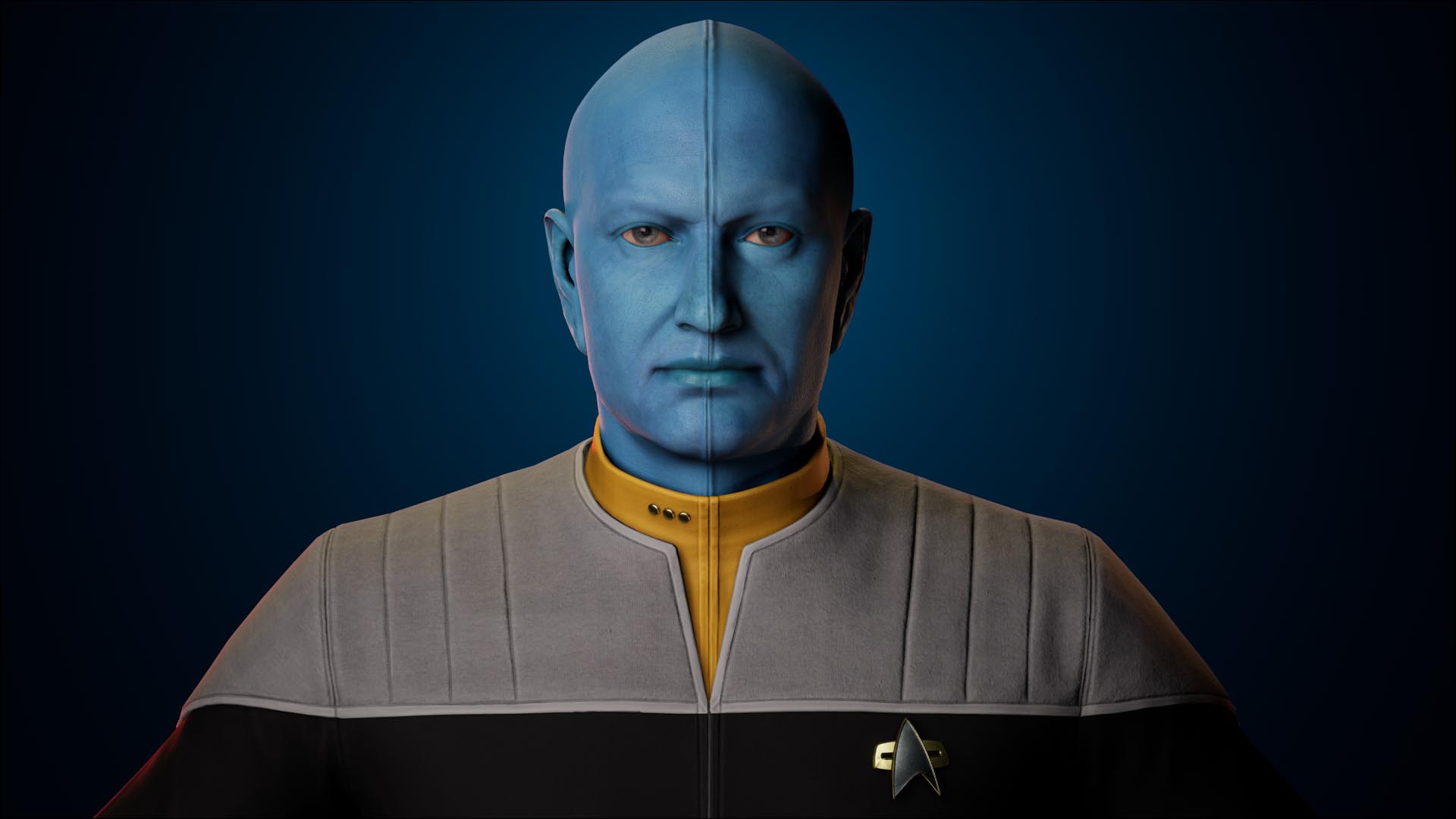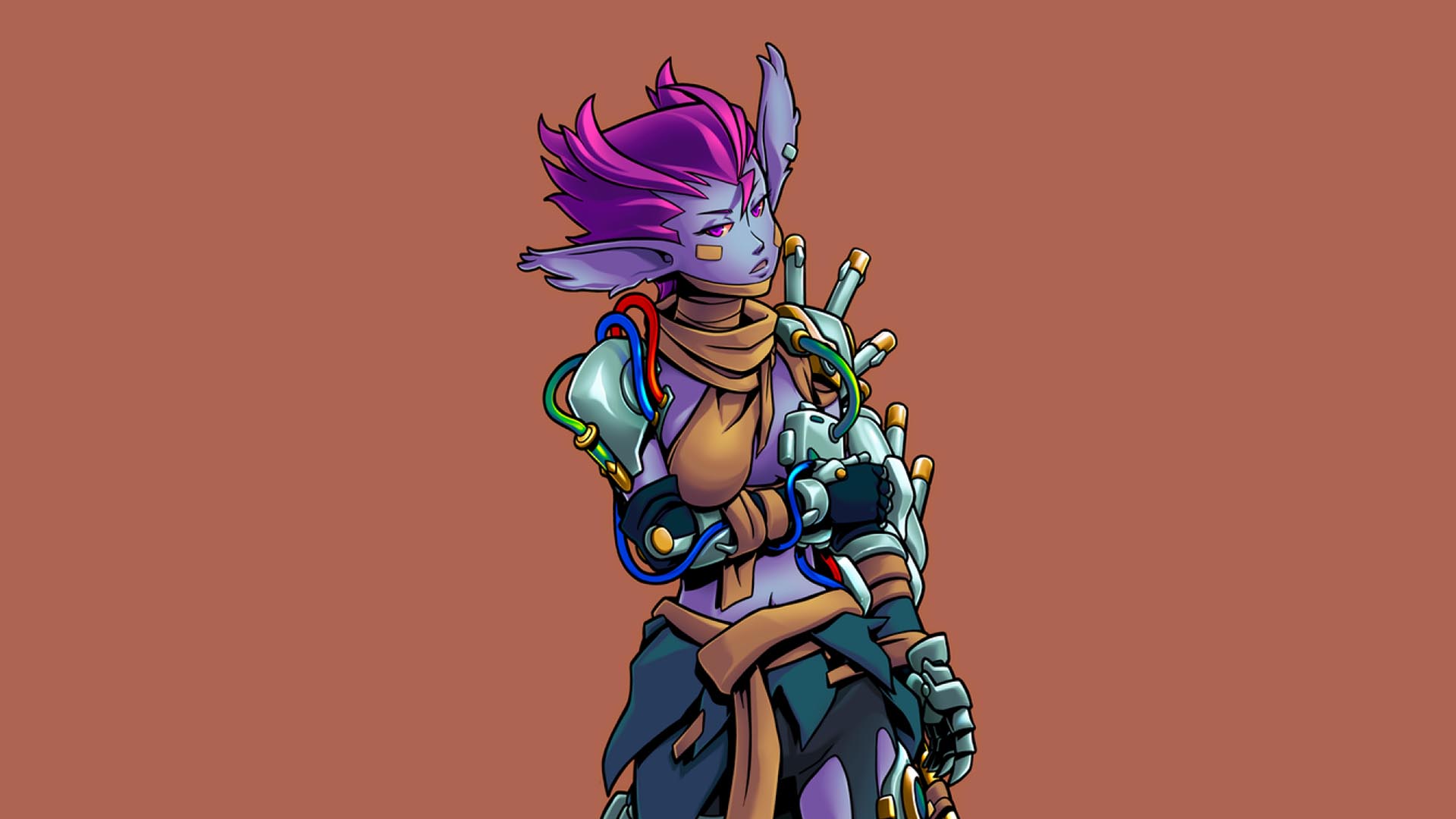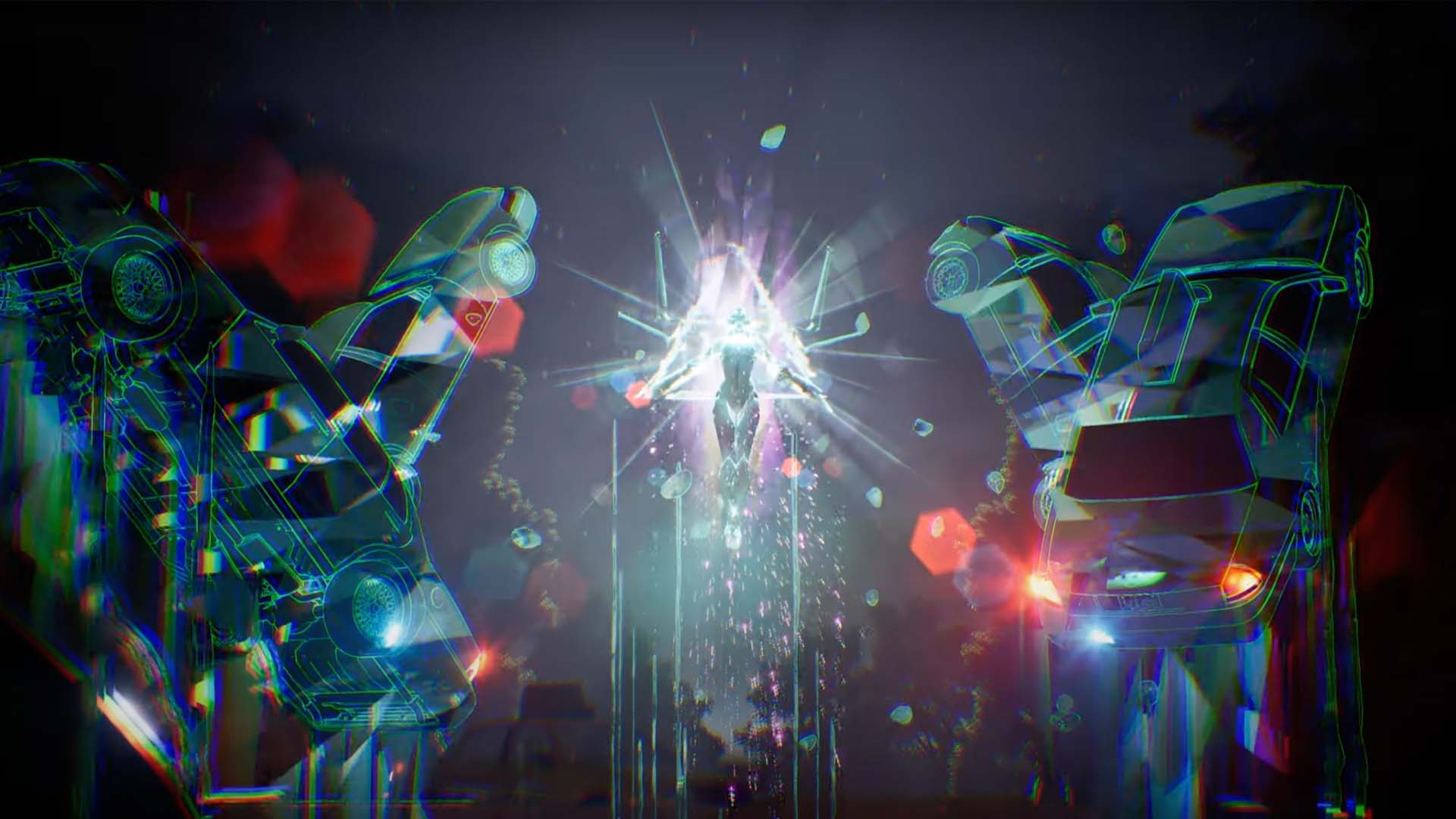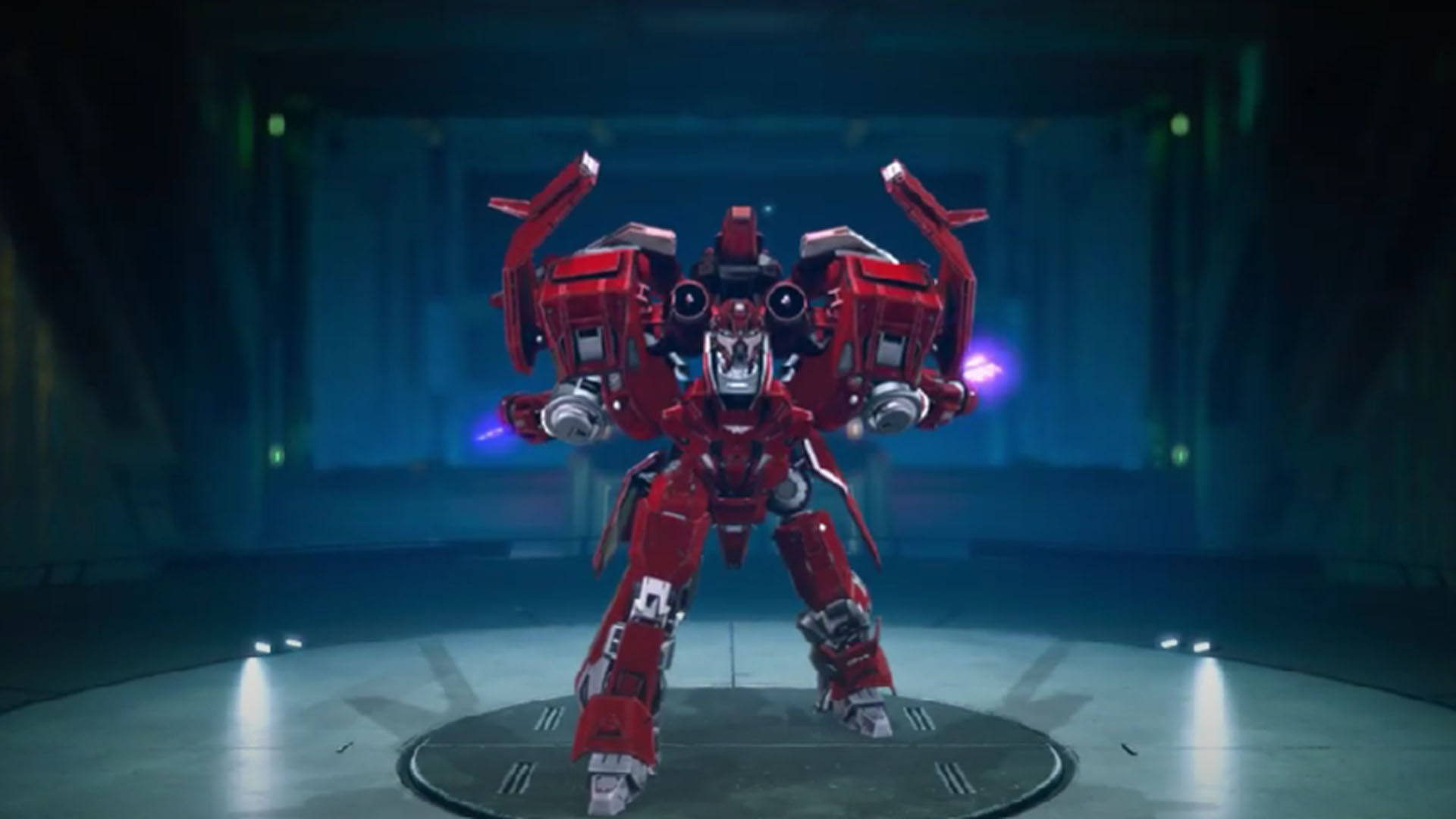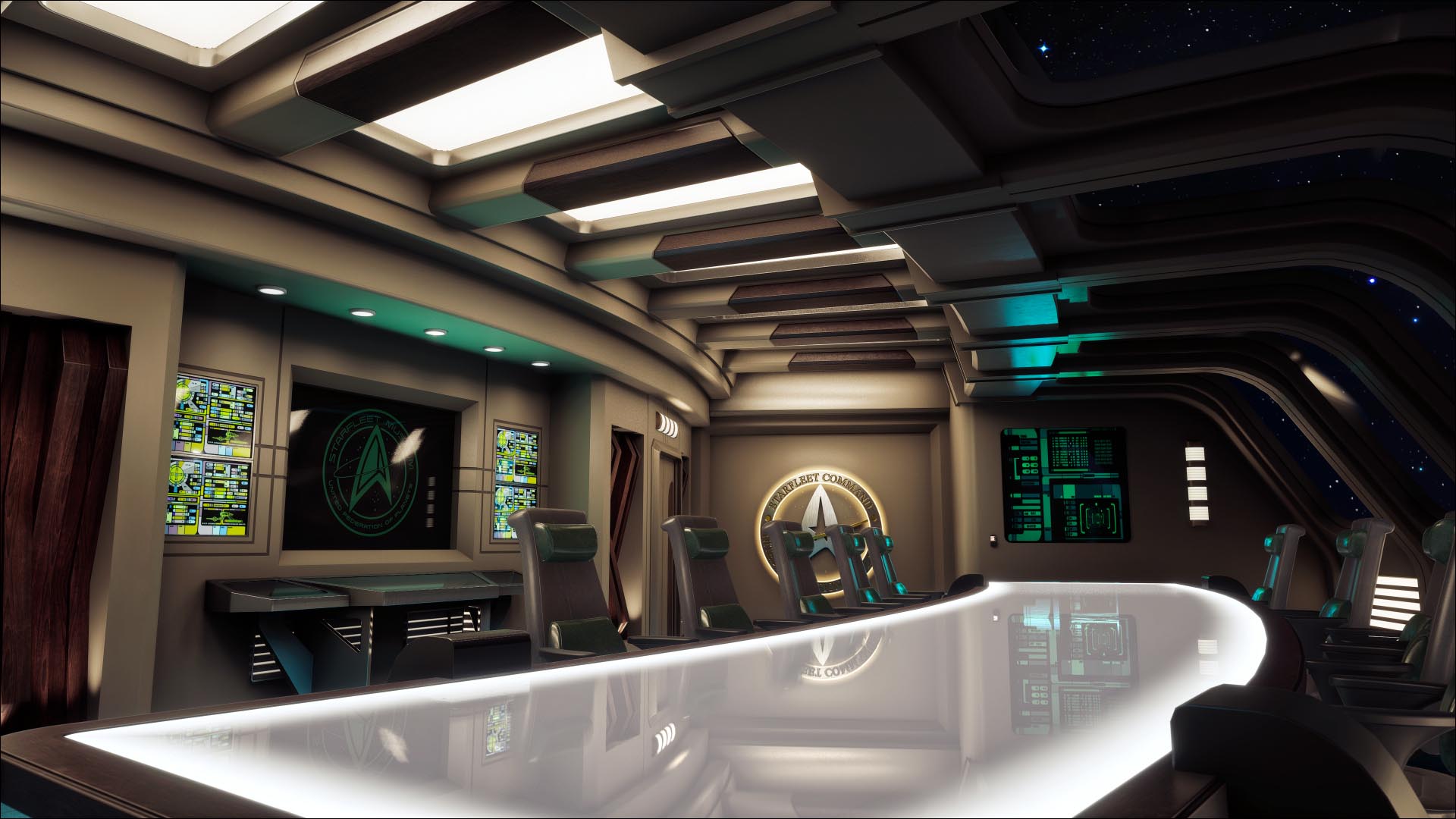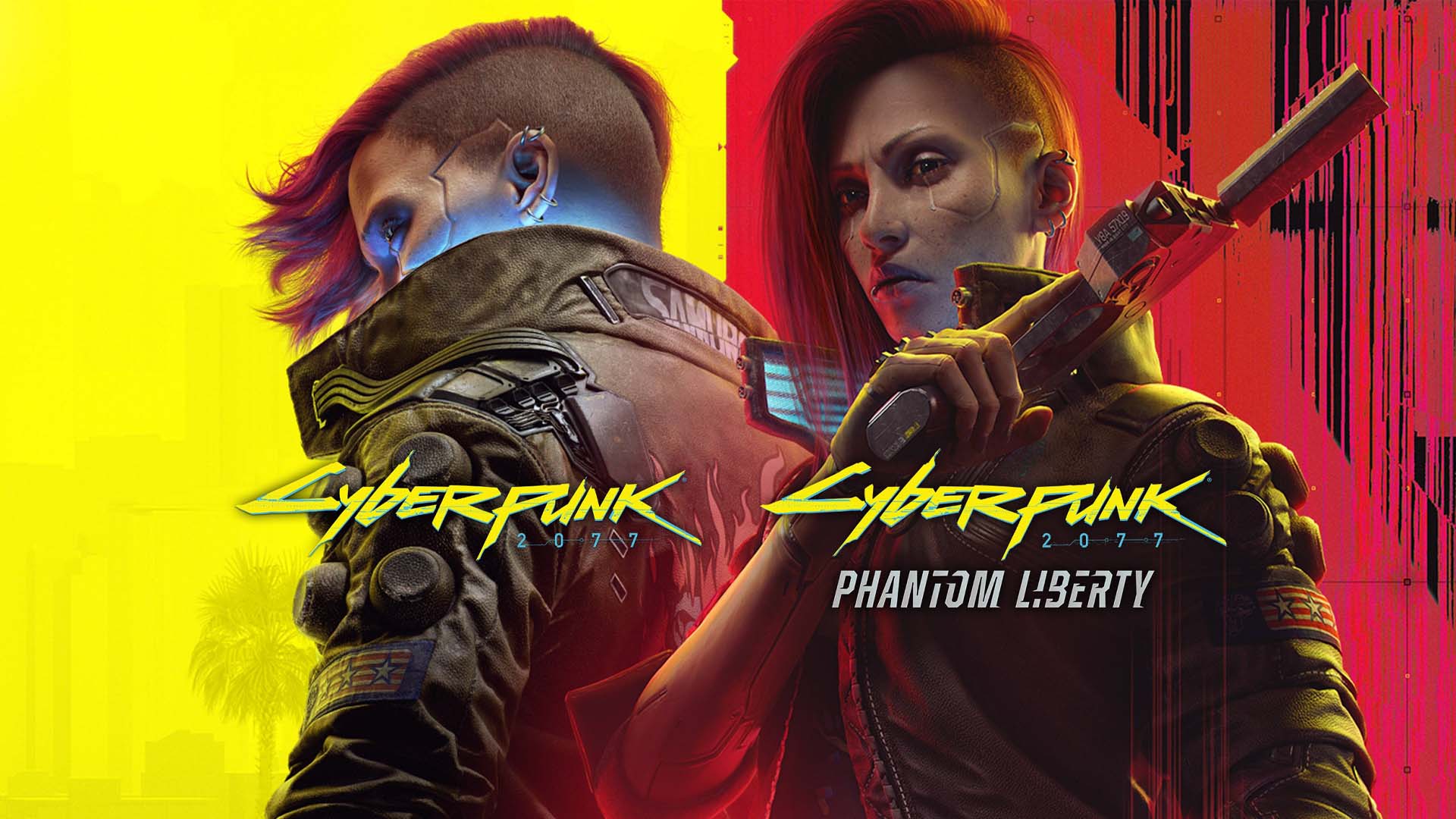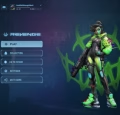When it comes to delivering a high-quality gaming experience, game co-development is becoming far more commonplace. Given the scope and scale expected by many, collaborative game development has gone from being useful and sometimes utilized to almost a requirement.
If you’ve played any major release or AAA title in the past five to ten years, you’ve played a collaborative game development project. Outsourcing extra development power, either resources or talent, is commonplace given how large the gaming world has become. Though there are debates as to the enjoyment of larger and larger video games, there is always the pursuit of denser and more polished experiences.
What Does Video Game Co-Development Mean?
Game co-development means hiring extra staff to help with the completion and successful delivery of your title. Whether you hire extra developers, artists, animators, or modelers, it all falls under the title of co-development.
It means collaboration and cooperation, either as part of the team or outsourced entirely, to ensure your game is delivered in a high-quality and complete state. Working with Magic Media entails a comprehensive production pipeline that includes detailed QA and fine-tuning before delivery which leaves less work for your team in the final run of development.
Picking and Choosing the Right Partner
It’s important to find the right collaborative game development partner who can execute what you want.
When choosing your partner and collaborator, look to their portfolio and previous clients. This will give you a good idea of what kind of work they can produce, the quality at which it is produced, and what level of client they’ve worked for. Each can indicate, not just a level of reliability or quality, but also if what they create matches with your style and aesthetic. Quality is just as important as the co-development team matching your energy and style.
A few meetings or calls will also give you an insight into the kind of people that populate and run the team, equally important given how integral communication is to collaborative game development.
Choosing Your Game Co-Development Plan
There are two avenues for acquiring and using this service. Both of which the Magic Media team offers.
Outsourcing
This is the typical and more common way of engaging in collaborative game development. Once you have picked a partner, a brief is prepared on what work they are to create. It will also cover their deadlines and check-in times for project updates. Once this is delivered, aside from these check-ins or updates, they are left to their own devices. It is a typically hands-off approach that can be tuned for more communication if preferred.
In-House
The alternative is taking the temporary collaborators into your team and making them a part of your day-to-day. Instead of operating as an external co-developer, they will simply add their expertize and experience directly into your team and its efforts. This of course has the benefits of far easier communication and integration but they have to be the right fit and it can be sad to part ways once the collaboration is complete.
When to Outsource Co-Development
Outsourcing can be an excellent way to scale and add highly experienced members to your team’s development cycle, however, it can be expensive. The costs can quickly skyrocket, especially if you’re considering collaborative game development for the entire development pipeline. Although doing this can be beneficial when looking to gain a large amount of external expertize and creativity, it may not be the right solution for your project.
At Magic Media, we would suggest that if you’re considering outsourcing co-development, you take it on for the production stage. Our goal is to create the best possible gaming experience that runs smoothly across all released platforms.
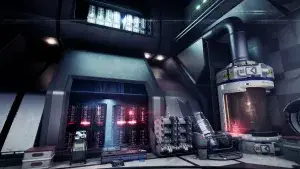
5 Stages of Game Development
Planning
The first stage of game development is ‘Planning’, where concepts are considered and prepared. This is where the team is deciding what kind of game they want to create, the story they want to tell, who they will tell it to, and what platform it will be on.
Pre-Production
In the second stage of game development, the team’s focus is to take their ideas, narrow them down, and make them more real. In the ‘Pre-production’ stage early prototyping and establishing a story are the main priorities. This is the stage where the plan gets set for the rest of the project, both in terms of development and the game’s story and mechanics.
Production
We’ll get to that soon!
Launch
Of course, the ‘Launch’ stage is where the preparation happens to do just that. This is where our team will focus on quality assurance and bug fixing, polishing of mechanics and assets, and building up to the final release. When the game is ready for launch, it goes “gold”. The launch stage is actually made up of a number of stages, this is due to the development team going through several phases of pre-launch testing and balance checking.
Post-Launch
Finally, we have ‘Post-launch’, this stage is made up of a constant string of bug fixes, quality of life improvements, and balancing while working on new content to deliver later on. Therefore, the Magic Media team works hard to stay at the top of trends and methodologies.
Breakdown of the Production Stage in Game Development
To no surprise, the ‘Production’ stage is the longest and most intensive stage of the game development cycle. This is the stage that focuses on modeling and designing, and the bulk of the game’s design is finalized and implemented. Of course, the audio and visual effects also must be introduced, the game physics and mechanics need to be put in place, and then final renderings occur.
Commonly, when people from outside of the industry talk about game development, this is the stage that most would refer to too. Production is the stage where the whole team is involved in creating, iterating, and finalizing the game. Most of the project’s resources are used here, as this is where the most challenges will arise.
Unlike pre-production, a lot of mechanical work occurs during this phase. During pre-production, this is where we will see a lot of progress in art styles and story beats. Engineers are consulted for technological requirements and potential challenges. The bulk of the work here is with writers, artists, and producers.
The production phase of development requires the whole team to take part. Our team of creators and innovators will work consistently ensuring that the characters and environments look exactly the way that they were envisioned. It is also important to ensure that the audio and sound design elevates and adds to in-game events’ weight. Something like a bad footstep sound effect has the potential to ruin an entire game experience. During this stage the level designers are completely focused on crafting the final experience, ensuring that the world feels real and alive for the players’ experience.
Unsurprisingly, the production stage is the longest of the whole process. It usually takes at least 12 full months of development. Even then, it would be considered a very short timeframe to finalize and execute all these elements properly.
Advantages of Outsourcing During the Production Stage
When it comes to the advantages of collaborative game development in the production stage, the team tends to be focused on time and resource management. Although outsourcing may be out of budget for smaller studios, it is usually an integral and often necessary step for larger companies. Large companies are usually under immense pressure due to the time and turnaround expected of them by publishers. Outsourcing isn’t just an advantage, it’s a necessity.
With outsourcing, expert teams can lead your project through all stages of development up to release and post-release support. You will have immediate and continuous access to a large group of seasoned professionals who are there to help you through any stage. Whether you need support across the board in the production stage or just in elements, such as developers or artists, outsourcing can provide this to you. At Magic Media, our extensive expertize will cover every avenue of game development, you are guaranteed to have a communicative, effective, and efficient team at your disposal.
As we have established, collaborative game development is a significant time and money saver. It means you no longer need to look for these team members in the hiring world or take the time to go through a hiring process. The teams come well-prepared and equipped, meaning you don’t need to provide them with an intake course or any tool licenses. When it comes to outsourcing, our team will be ready and waiting immediately upon contract start.
In the long run, co-development is less expensive than expanding in-house to scale to needs. With studios spanning the globe, we offer bespoke researched and designed game development and outsourcing. No matter the genre, no matter the platform, the Magic Media teams are prepared from Day 1 to meet your challenges head-on and provide only the best results. We are well experienced in delivering co-development services, check out our case study on the work we did for Railway Empire. Railway Empire is a railroad construction and management simulation game, and our team worked tirelessly to complete several projects.
Top 3 Ways to Prepare for Co-Development
In the dynamic world of game development, successful collaborative game development hinges on seamless cooperation and strategic collaboration. Leveraging the expertise of external teams can unlock a multitude of benefits and propel projects towards success. As industry veterans, we understand the pivotal role communication, documentation, and clarity of objectives play in fostering fruitful long-term partnerships in the game co-development space.
Co-Development Communication Pipelines
Effective communication stands as the cornerstone of any collaborative game development endeavor. Establishing robust communication channels from the outset ensures alignment between in-house teams and external partners. By designating dedicated project managers or senior staff, both parties can streamline exchanges, troubleshoot issues promptly, and maintain project momentum. A well-defined communication protocol fosters clarity, minimizes misunderstandings, and safeguards against potential delays, fortifying the foundation of a productive collaboration.
Prepare Documentation
Empowering co-development teams with comprehensive documentation expedites their integration and minimizes learning curves, particularly when custom tools or engines are involved. Clear guidelines on reporting structures, deliverable formats, and workflow expectations enhance operational efficiency and mitigate friction points. Whether utilizing proprietary or off-the-shelf solutions, establishing a standardized documentation framework facilitates seamless onboarding, enabling co-development teams to hit the ground running and contribute meaningfully to project advancement.
Know What You Want
Clarity of vision is paramount in guiding collaborative game development initiatives toward success. Clearly articulating project goals and requirements from the outset sets a solid trajectory for collaboration. Amidst the intricacies of development, maintaining a laser focus on overarching objectives prevents scope creep and aligns efforts toward tangible milestones. By delineating expectations and deliverables, stakeholders can navigate the development journey with purpose, ensuring that co-development efforts are strategically aligned with project ambitions.
Outsourcing Video Games: Co-Development Advantages
Unsurprisingly, the collaborative game development market has grown immensely along with the video game industry. Although outsourcing for any content was once seen as borderline heretical, it’s now considered quite advantageous.
Across all the areas of outsourcing, game development has been experiencing a major increase in demand. In the current generation of video games, the environments are vibrant; textures are denser and more complex; lighting effects require layering to capture realistic dynamic lighting and how it acts on different surfaces.
As technology continues to rapidly evolve, graphics will have to become much more advanced. Nonetheless, by analyzing the pros and cons, you’ll likely see it is more effective to hire a co-development game studio to help with your co-developmental needs. However, you must ensure the co-development game studio has all the technology, resources, and expertise needed to be a successful match.
Outsourcing Means Delegating Development
The concept of outsourcing involves longer-term collaboration with an outside contractor to perform certain organizational functions. This is extremely beneficial as the employing company can then focus on its core business. Although it’s common to outsource full-cycle development, it is possible that outsourcing involves only certain parts, such as creating art and animation or just the QA testing process.
Co-development is Sharing Tasks
collaborative game development means collaborating with an external partner to build game modes, features, or a complete game segment. The client and the professional team will work together to develop the game, following the creative vision, designs, and general direction provided by the employing company.
There are several types of co-development studios. Some offer only a part of the development services, such as creating art or animation; others offer personalized services such as sound design or programming.
At Magic Media, our co-development service allows you to extend your current team with senior members, ensuring you get experts to help pitch your final product.
What are the Advantages of Game Co-Development?
Economic Savings
Collaborative game development often allows for a reduction in costs as it enables the employer to use the services of the hired team only when needed and for specific tasks. This is beneficial as you no longer need to take on the costs of a monthly salary, social insurance, holidays, training, or additional taxes. When outsourcing these teams will provide their software and hardware, which saves you having to provide these assets. For art alone, the software licenses could land between five and ten thousand US dollars per artist.
Focus on Other Areas of the Company
Now, some might think that by working with an outsourcing game studio the project might become harder to handle and less productive. However, the reality is that you will save valuable time which you can then use in other areas of the company. The extra time can be used to develop your business, ultimately increasing your efficiency and profitability. At Magic Media, minimum involvement is required from your side, we will prioritize your vision to make sure we are on the same page. This is great news as your internal team can stay focused on their core tasks.
Quality Service
In the 2021 insights report by XDS, the essential factor taken into consideration when choosing to work with an outsourcing studio is the quality of services. One of the major advantages of co-development studios is that these companies already have expert teams in all areas of game development, meaning only the highest quality will be delivered.
At Magic Media, we know how many challenges can be involved in the project development process, however by collaborating with our team professionals they can solve any problems that may arise. Co-development also allows publishers to fill in the gaps and use new skills that may not be available in their company.
Professional Tools and Technology
To maintain competitiveness within the industry, it is vital to keep up with the continuous improvements happening within games. This means keeping up with the latest technological trends and tools that allow you to create masterpiece video games. Unsurprisingly, this could lead to huge costs, however, collaborating with game studios gives you access to the best game development software which can help your games to the next level.
Unity and Unreal have supplanted proprietary game engines as the preferred tools for supporting external development by service providers and developers/publishers. Unity-based games, particularly independent games, are more frequent among outsourced firms, whereas Unreal Engine is favored by AAA developers. This is not a rule, but rather a preference that has developed over time.
Greater Creativity and Innovation
Communication between departments produces the best ideas, by hiring a complete team you can combine strengths which will, in turn, create strong partnerships and engaging games. Hiring a full team is always an excellent solution as it will meet the requirements of creativity and innovation.
If you want to develop a video game without tiring the creative muscle of your in-house team, we’re happy to provide the skills and talent you need to create and deliver your dream project.
Faster Project Development
The quality and team’s work capacity is essential; however, the number of team members is also a vital consideration. Of course, fifteen people will build a house faster than two. By hiring many specialists, the task could be completed much quicker and the deadline met with ease!
Expansion and Scope of the Project
Sometimes, when developing a game in-house, it can limit your idea. It’s difficult to complete these chores without going overboard, no matter how hard you try or how carefully you prepare. If you don’t have a long-term perspective, it’s easy to overlook this benefit of co-development. However, if you want to make a truly world-class game, you’ll need a whole team of professionals to help you grow your work.
The Impact of Collaborative Collaborative Game Development
In the dynamic world of game development, collaborative game development is not just beneficial; it’s often the key to success. At Magic Media, we understand the immense value that co-development and partnerships bring to the table. This blog post explores the power of these collaborative efforts in the game development industry, highlighting their potential to drive innovation, enhance quality, and expedite project completion.
The Essence of Co-Development
Collaborative game development involves two or more companies combining their skills, knowledge, and resources to create a game. This collaboration allows teams to leverage each other’s strengths, bringing together diverse expertise that contributes to the creation of high-quality, innovative games.
For instance, one company may excel in narrative design, while another has a robust graphics design team. Together, they can produce a game that excels in both storytelling and visual appeal.
Risk Mitigation
Collaborative game development also plays a crucial role in risk mitigation. Game development is a complex process with many potential pitfalls. By sharing the development responsibilities, companies can more effectively navigate these challenges, ensuring that the project stays on track and within budget.
Accelerated Development
With more hands on deck, collaborative game development can significantly expedite the game development process. This faster turnaround means that games can reach the market more quickly, capitalizing on trends and meeting consumer demand promptly.
The Impact of Partnerships
Partnerships in game development open up a world of opportunities for all parties involved. They provide access to new markets, technologies, and creative talent. A partnership with a well-established company can also enhance a smaller studio’s reputation, paving the way for future collaborations and success.
Resource Allocation
Through partnerships, companies can share not only their expertise but also their resources. This sharing of resources can include technology, funding, and marketing capabilities, allowing smaller studios to undertake more ambitious projects than they could independently.
Long-Term Growth
Strategic partnerships contribute to long-term growth and sustainability. They foster a culture of learning and innovation, with companies continually sharing insights and ideas. This ongoing exchange helps companies stay at the forefront of the industry, ensuring their continued success in a competitive market.
In conclusion, collaborative game development and partnerships are powerful drivers of success in the game development industry. At Magic Media, we are committed to embracing these collaborative approaches, recognizing their potential to enhance quality, spur innovation, and promote long-term growth.
We specialize in co-development projects and have a proven track record of successful collaborations in the gaming industry including projects like The Hunter Classic. By working together, we can push the boundaries of what’s possible in game development, delivering exceptional experiences to gamers worldwide.
Game Co-Development with Magic Media
Collaborative game development is constantly growing in use as the gaming industry grows in scale, scope, and player expectations. The Magic Media group has been offering comprehensive co-development and outsourcing expertize for several years. In that time, we’ve explored and experimented with the co-development formula.
What we discovered was that, given the set structure of game development, it was all about the quality of the delivery rather than any fancy new addition to the co-development pipeline. So, the Magic Media co-development team has spent their time perfecting the basics, the fundamentals, and the core deliverables across every project we’ve engaged in.
So, what does game co-development look like with Magic Media?
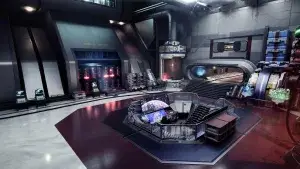
Extended and Embedded Game Development
There are two variations available for collaborative game development with Magic Media. Extension and Embedded, which are simple to differentiate. Extension is when you deliver a brief to our team, give us the parameters to work within, the goal to hit, and establish a communication pipeline to ensure that work can progress smoothly. Check-ins are regular, but you effectively extend your game development team with a separate team that operates somewhat independently.
Embedded Game Co-Development is something that is becoming more common. Instead of operating separately, you increase your team with outsourced members bespoke chosen for your team. Those members, whether artists, developers, QA engineers, or anything in between, immerse themselves in your team. They take part in day-to-day meetings, virtually or in person if possible. They fully become part of your team, giving you an instant boost without having to source, interview, and onboard new members.
Magic Media separates itself by fully dedicating itself to your project. This begins with a team or individuals chosen specifically by and for your needs – people who understand your game’s genre, language, and aesthetic.
Transparency and Partnerships in Game Co-Development
When we engage in collaborative game development with our clients, we’re looking to develop a long-term partnership as well. It is a big ask to bring in what are effectively strangers into your game development project. These games are often important and close to our hearts, we understand that and approach each co-development collaboration with it in mind.
We also understand the value of transparency for our clients when it comes to how we work and how we deliver their needs. From the beginning of our collaboration, our co-development team will also be transparent in their workflow. You’ll not doubt the progression of our work and what the next steps are. The Magic Media team will establish a workflow and tempo that both sides are happy with, no details will be left uncertain.
Video Game Co-Development Across Time Zones
It’s not uncommon for the outsourcing teams and the in-house teams to be separated by several hours. In some cases, the right combination might be on the other side of the world. Magic Media is a co-development game studio, with a presence in 15 countries. Our artists, developers, animators, producers, and more are spread across the world. This wasn’t by design but the international state we find ourselves in quickly became one of our strengths.
Aside from diversity and different expertize drawn from a plethora of backgrounds and locations, it also means the lights never turn off at Magic Media. We strive to minimize the gap in time zone differences and embrace them as a strength of what we can bring to your project.
The Importance of Effective Co-Development in Game Development
Effective collaborative game development is crucial for creating better games, as it allows for the sharing of ideas, knowledge, and resources. Game development is a complex process that requires the collaboration of many different people with diverse skill sets. In this article, we will explore the benefits of co-development in game development, and why it is crucial for success in the industry.
Understanding the Benefits of Co-Development
Co-development is a process where two or more game developers work together to create a single game. This collaborative approach allows for the sharing of ideas, knowledge, and resources, which can lead to the creation of better games. Some of the benefits of co-development in game development include:
Improved Quality
Co-development allows for multiple perspectives and skill sets to be brought to the table. This leads to a higher quality game, as multiple people can work together to identify and resolve any potential issues.
Increased Efficiency
When multiple developers work together, tasks can be divided and shared, leading to a faster development process. This allows for more time to be dedicated to perfecting the game and making it the best it can be.
Enhanced Creativity
Co-development encourages creativity, as it allows for the sharing of ideas and the development of new ones. This leads to a more diverse and innovative gaming experience for players.
The Importance of Effective Co-Development
While co-development can bring many benefits to the game development process, it is important to ensure that it is done effectively. This requires clear communication, shared goals, and a well-structured development plan. Some key factors for effective co-development include:
Clear Communication
All team members need to communicate openly and effectively. This allows for any potential issues to be identified and resolved quickly, and for ideas and feedback to be shared.
Shared Goals
All team members should have a clear understanding of the game’s goals and objectives. This ensures that everyone is working towards the same end result and that the game is being developed in the best way possible.
Structured Development Plan
A well-structured development plan is crucial for ensuring that the game is developed in an efficient and organized manner. This helps to avoid any confusion or misunderstandings and allows for the development process to run smoothly.
In the game development industry, choosing the right co-development partner is crucial for success. Magic Media is the best choice for co-development, as they offer a unique combination of expertize, experience, and innovative technology. Our team of experts understands the complexities of game development and has the skills and knowledge necessary to bring your game to life.
In addition, at Magic Media we utilize cutting-edge technology to streamline the co-development process, making it more efficient and effective. This allows for faster development times, and the creation of high-quality games.
What is Video Game Art Co-Development?
An often underappreciated element of video game development is the amount of artwork required. Video game art covers every visual element of a game, from the backgrounds to the assets, the characters, and the effects.
With modern video games constantly growing in size, depth, and complexity, collaborative game development is becoming essential in delivering a successful game. And art co-development is no small part of that service.
Video game art co-development is the specific branch of outsourcing or outstaffing where you expand your team with a collection of artists who will match your style and aesthetic.
Whether you need concept artists, 2D artists, 3D artists, environmental artists, or a combination of them, game art co-development will help you quickly fill any staffing gaps and meet deadlines.
What Does Game Art Co-Development Mean?
Game art co-development is simply a process of taking on extra staff for a temporary timeframe. In full-scale co-development, that timeframe might be indefinite or the length of a certain project.
At Magic Media, we’ve engaged in a wealth of different co-development projects. In some, we worked closely with the internal team daily. In others, we had daily check-ins for progress reports and discussions of the work but were left to our own devices to deliver.
Co-development and art co-development is a cooperation established between two teams. Whether outsourced entirely to deliver results or working closely together, it is a collaborative process to ensure your game and its art are delivered to the highest standards of quality.
With Magic Media’s art co-development process, we establish milestones and a comprehensive production pipeline that includes in-depth QA on every piece before delivery. The goal for our team is to make your job as easy as possible.
Choosing Magic Media as Your Art Co-Development Partner
It’s important to find a co-development partner that shares your passion and idea. It’s also important for game art co-development to choose a co-development game studio that can match your aesthetic and visual language.
At Magic Media, we pride ourselves on our capacity to adapt and emulate any style, aesthetic, or execution. In our portfolio, you can see some of our diverse work, and our previous clients show an array of different work and results we have achieved. We guarantee that our global presence of over 1000 art experts and specialists will hold the artists your team requires to deliver your ideal experience.
If you’re ready to explore Magic Media’s expertize in full-cycle development, game VFX, game porting, and more, get in touch today. With a global team of over 1000, we’re passionate about helping you create unforgettable experiences for players everywhere. Let’s build something magical together.

